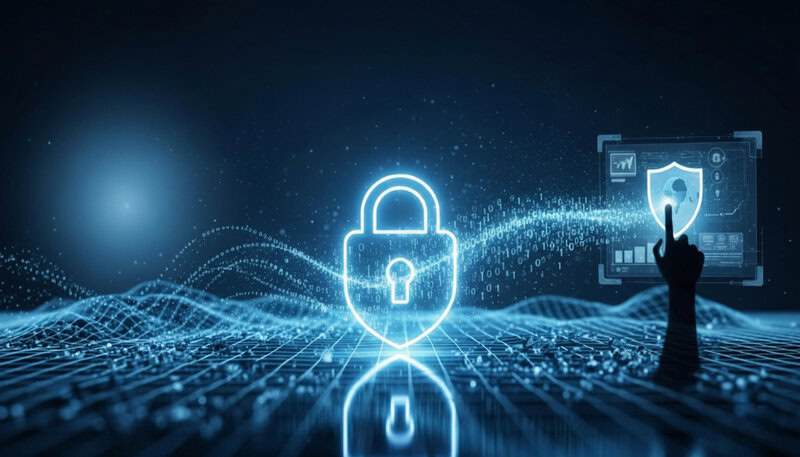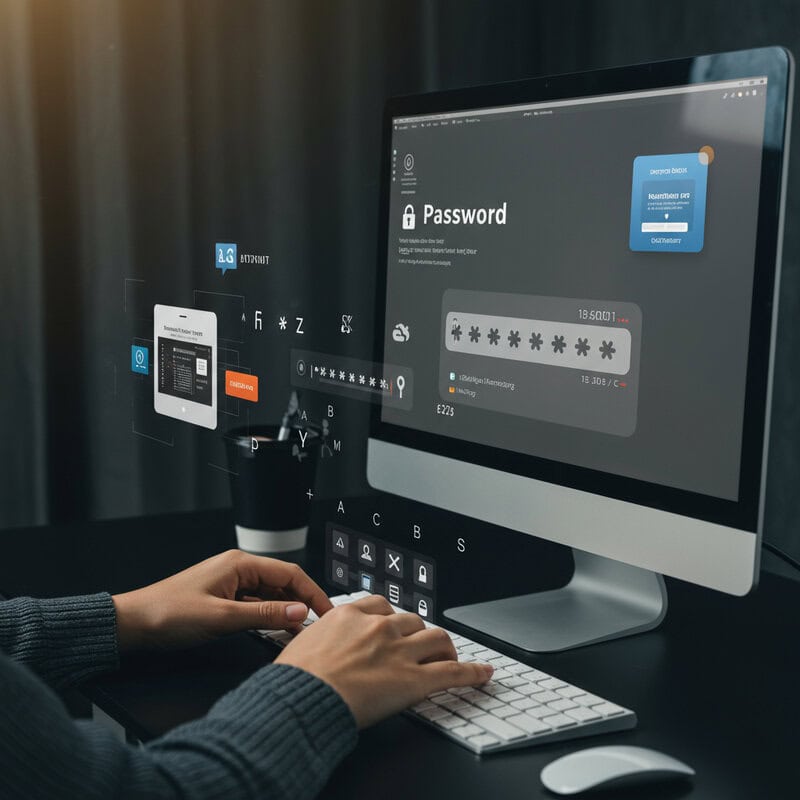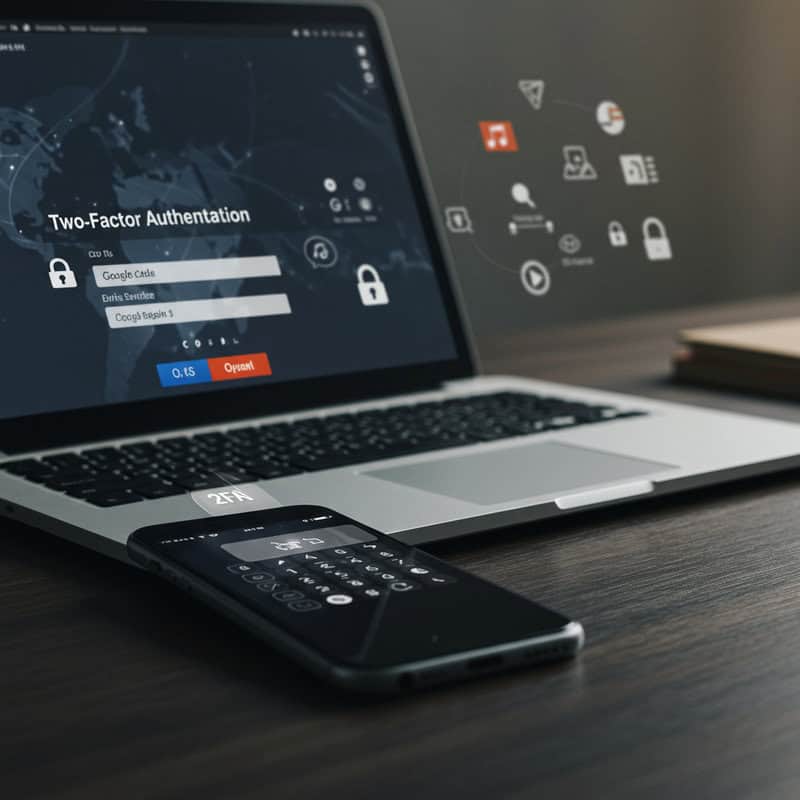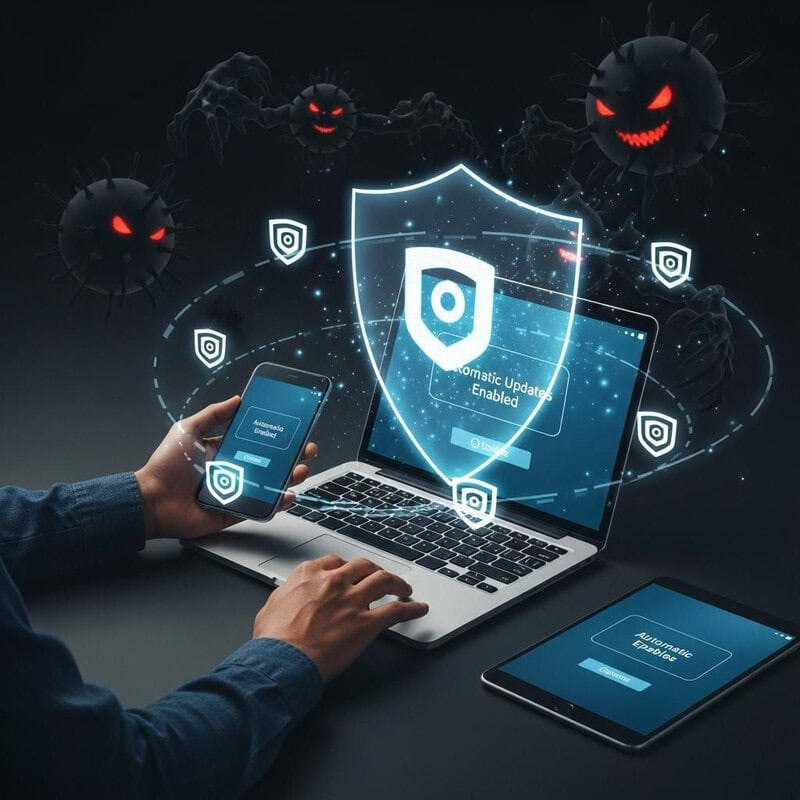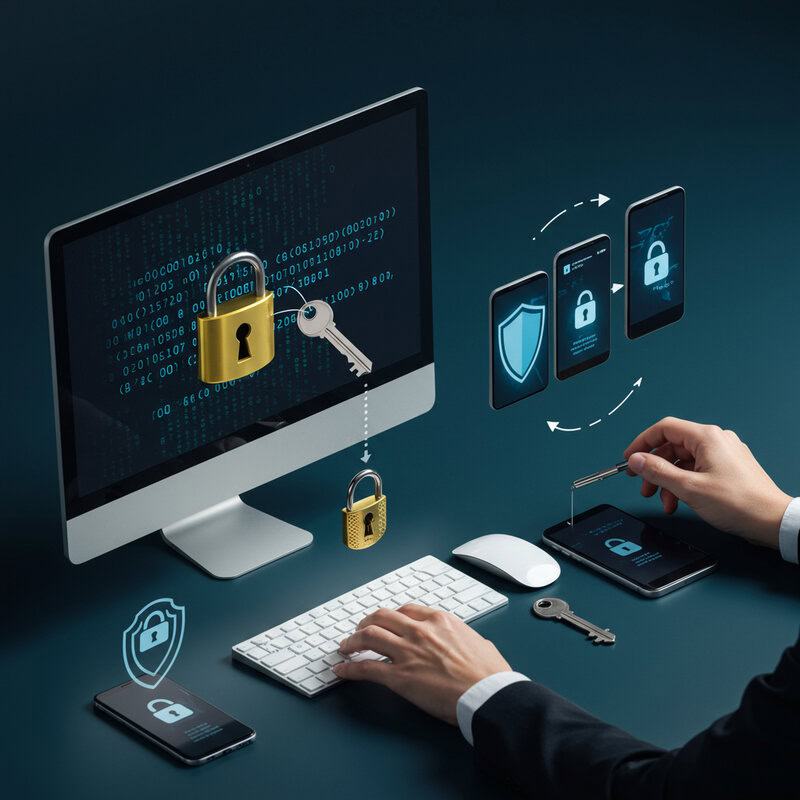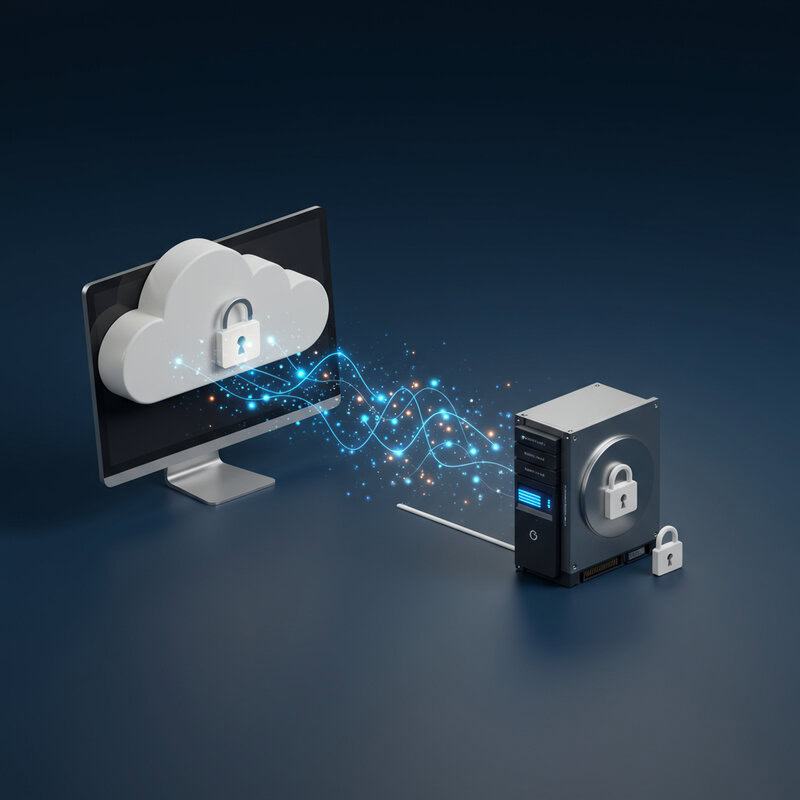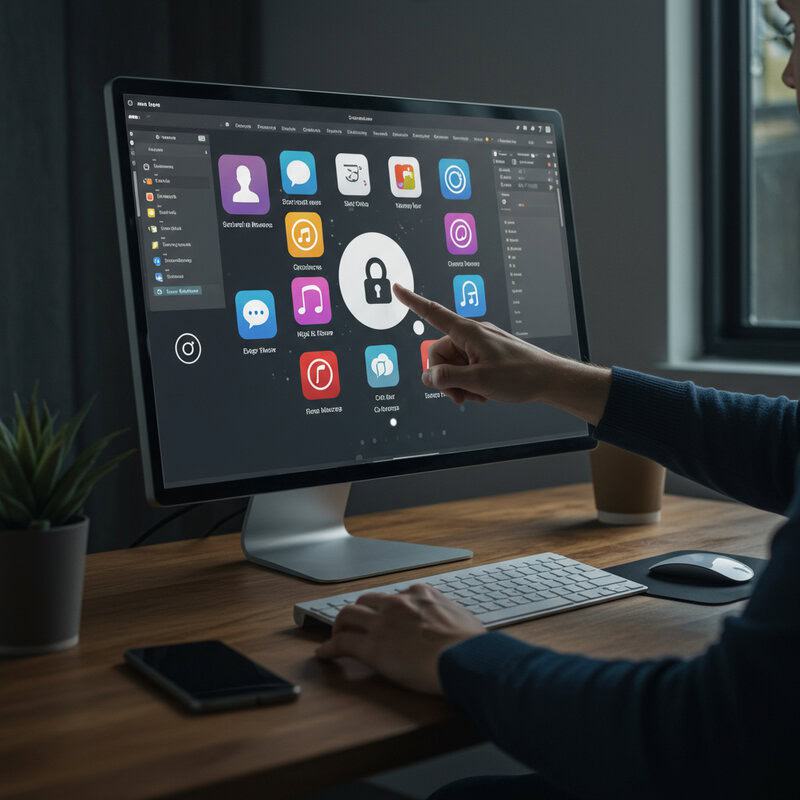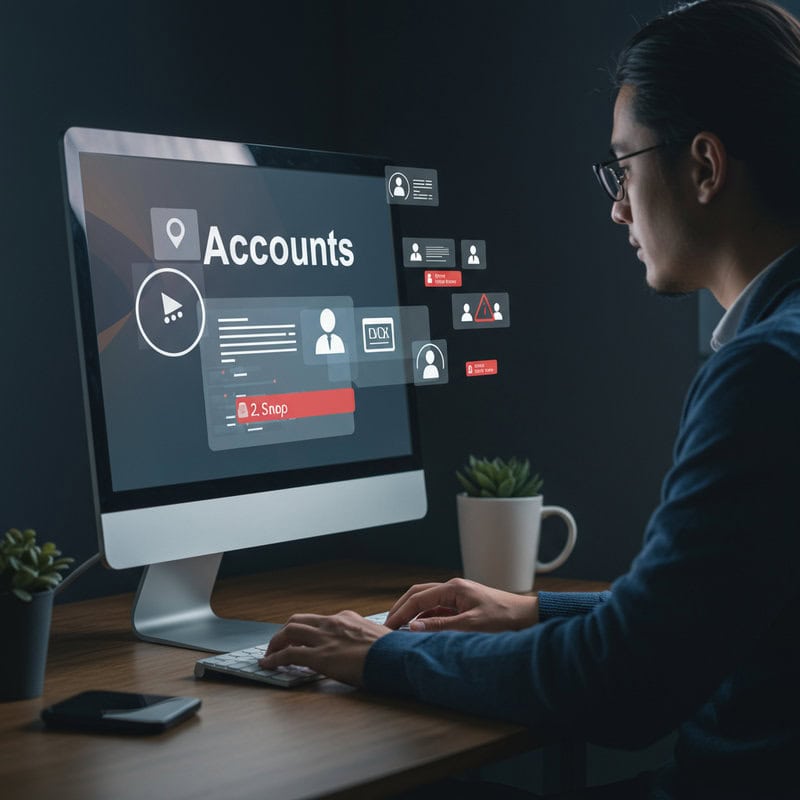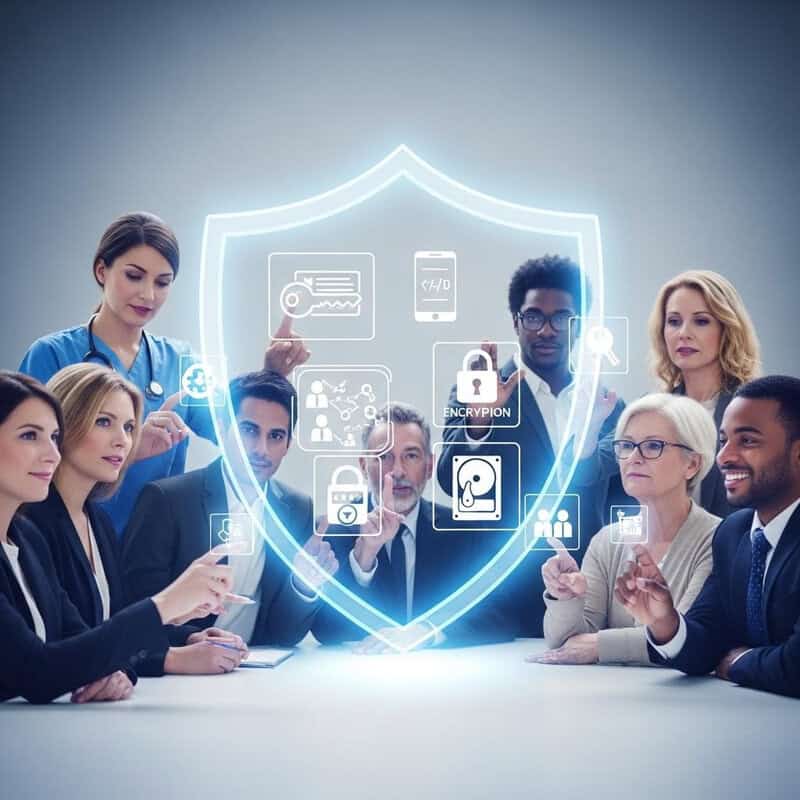The Risks of Data Breaches

Data breaches occur when unauthorized individuals gain access to confidential information, often resulting in identity theft, financial loss, or reputational damage. High-profile incidents, such as the MGM Resorts cyberattack, demonstrate that businesses and individuals alike are vulnerable.
Even a simple password leak can have devastating effects. Understanding these risks is essential, as it motivates everyone to assess their own digital habits and safeguard sensitive data. Recognizing your vulnerabilities is the first crucial step toward preventing the life-altering consequences of a data breach.

